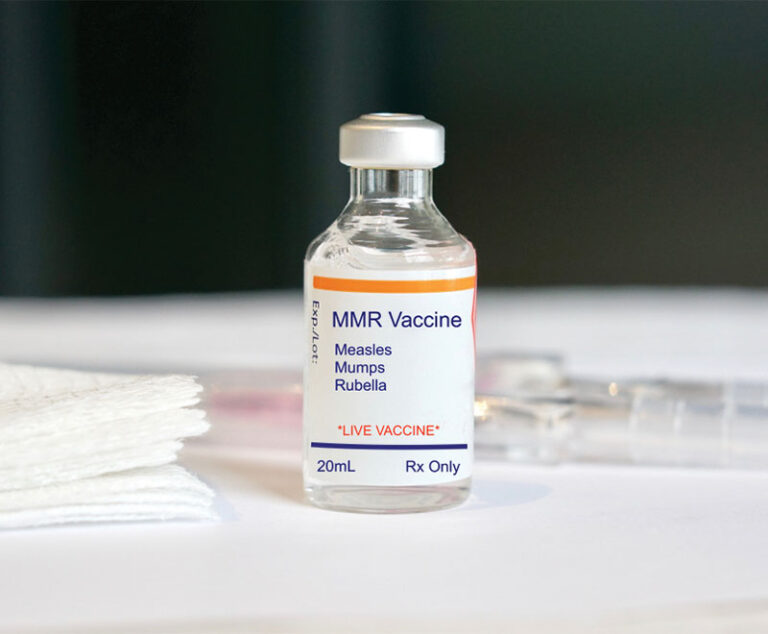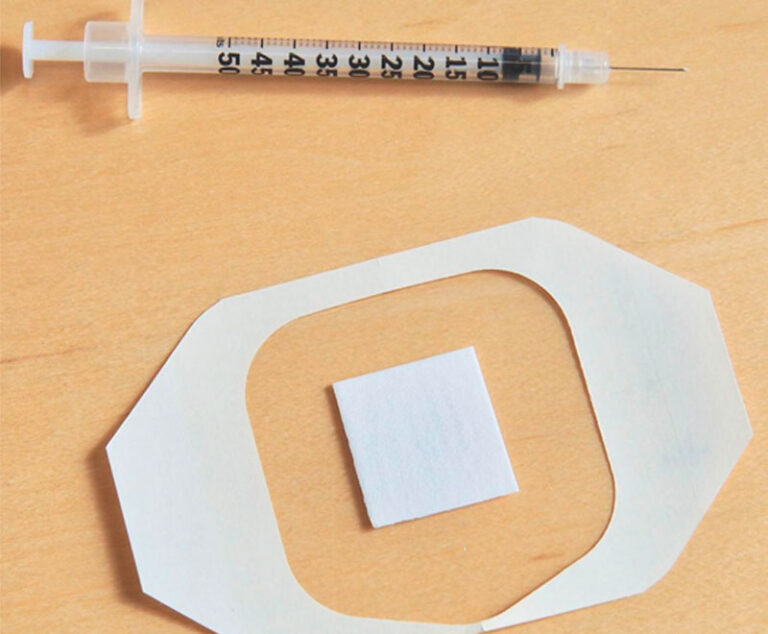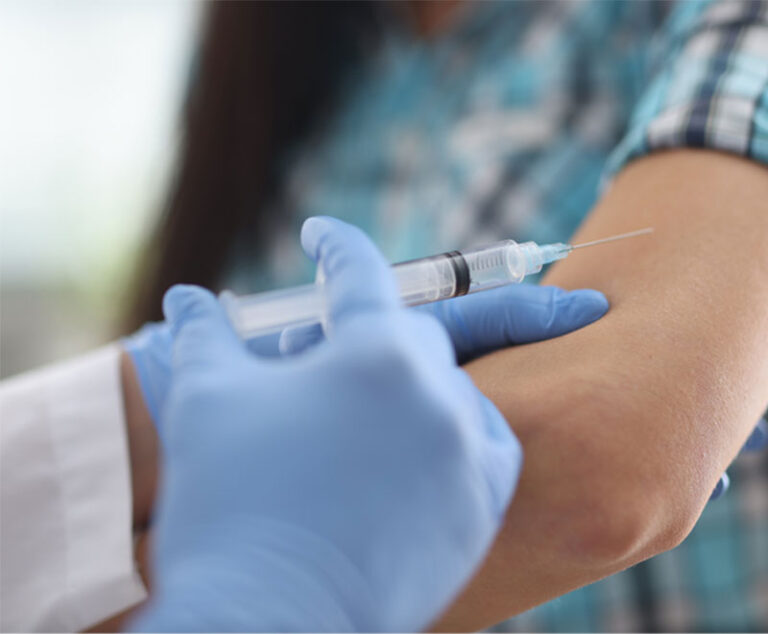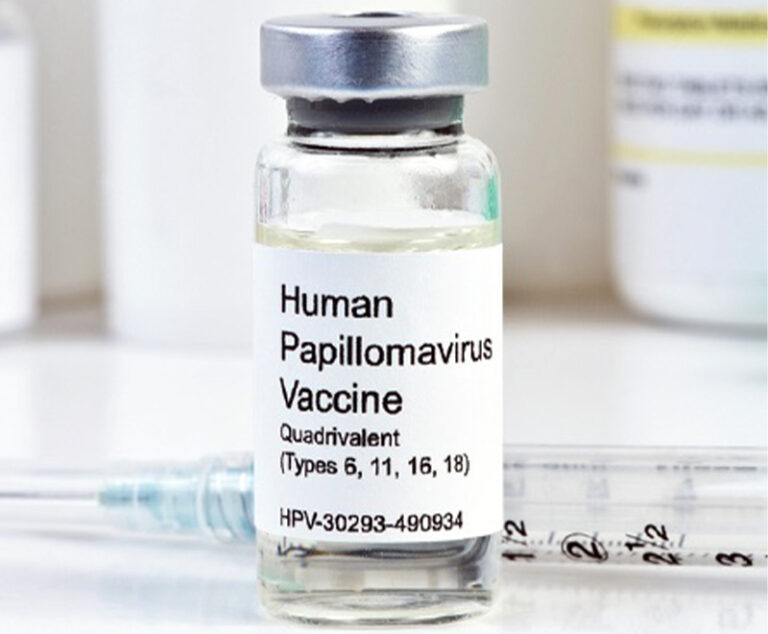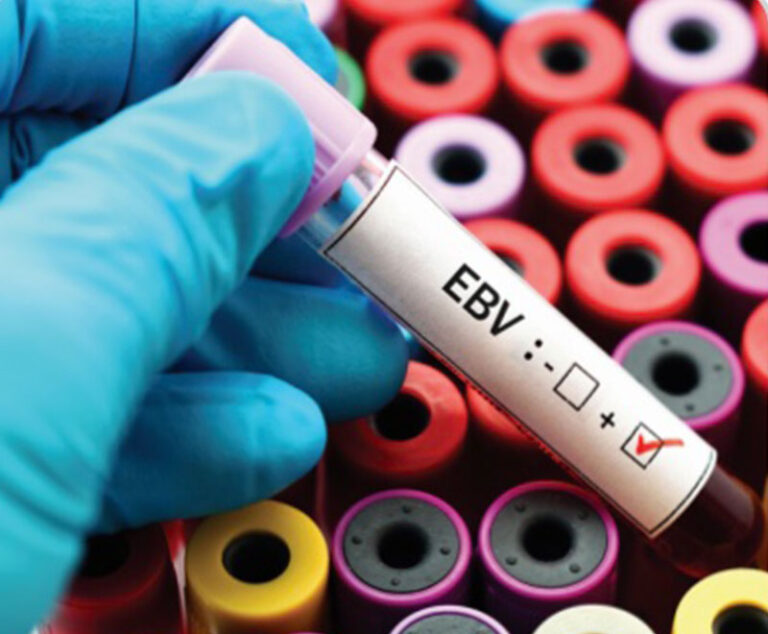Industry News
Research, Science & Manufacturer Updates
Vaccines Articles
Epidemiological data suggests populations with the highest measles-mumps-rubella (MMR) vaccination rates often have the fewest deaths from COVID-19.
Two analyses by the Centers for Disease Control and Prevention (CDC) show the influenza (flu) vaccine can reduce the likelihood of hospitalization in children and death in adults.
A Phase III study has found a trivalent hepatitis B virus (HBV) vaccine demonstrated superiority in adults 45 years and older and noninferior in adults older than 18 years compared with a monovalent vaccine.
A new study shows cardiovascular outcomes may improve in individuals with hypertension if they receive the influenza (flu) vaccine during the flu season.
Researchers at the University of Rochester Medical Center in New York City have developed a new type of skin patch that could replace needles as a method to deliver the influenza (flu) vaccine.
The awards establish and provide up to seven years of support for three Immune Mechanisms of Protection Against Mycobacterium Tuberculosis (IMPAc-TB) Centers to elucidate the immune responses needed to protect against Mtb infection.
The National Institutes of Health (NIH) is conducting an early-stage clinical trial to evaluate the safety and efficacy of two licensed seasonal influenza vaccines administered with or without novel adjuvants.
A new study shows the HPV vaccine is far more effective than expected, with benefits extending beyond those who receive the vaccine.
An NIH research team has determined how several antibodies induced by Epstein-Barr virus (EBV) block infection of cells grown in the laboratory.
FDA has given Sanofi SA’s dengue vaccine Dengvaxia a narrow approval since the vaccine can cause severe infections in some people.
The National Meningitis Association has launched a campaign to encourage more teens to get the meningitis booster.
A BYU study found introducing vaccine-hesitant people to people affected by vaccine-preventable diseases can decrease vaccine hesitancy.
